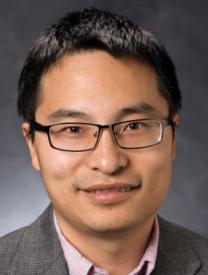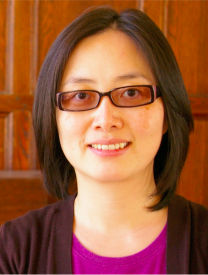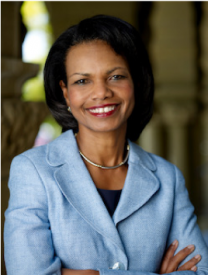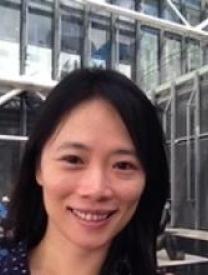Each year, the CSCC invites leading experts to Penn to present their research and share their knowledge about contemporary China. Typically scheduled for Wednesday afternoons 4:30-6 pm, speakers will deliver their remarks and then entertain questions from the audience. Attendance is open to the entire Penn community. Announcements about upcoming talks will be posted on the CSCC website and disseminated via the Center’s listserv. To be added to the listserv, please visit our signup page https://groups.sas.upenn.edu/mailman/listinfo/cscc-announce.
Past Speaker Series
Contesting Cyberspace in China: Online Expression and Authoritarian Resilience
Rongbin Han, Assistant Professor of International Affairs, University of Georgia
The talk will be focusing on the struggles over online expression in China in order to answering the following question: Why has the rise of Internet thus far failed to disrupt the Chinese party-state, as many have…
The Political Beliefs of Chinese Officials
Greg Distelhorst, Mitsubishi Career Development Professor in International Management, MIT
What are the stated beliefs of officials in China’s single-party regime? Can they express different views on policy, and if so, do their disagreements reflect deeper ideological orientations? We study these questions…
Manipulating Globalization: The Influence of Bureaucrats on Business in China
Ling Chen, Assistant Professor, School of Advanced International Studies, Johns Hopkins University
Although China is a global manufacturing titan, the "made in China" model has begun to wane. Starting in the 2000s, China shifted from attracting foreign investment to promoting domestic firms. This shift led…
(CANCELLED) Migration, Social Institutions, and Popular Resistance in Rural China
Yao Lu, Associate Professor of Sociology, Columbia University
How does migration shape collective resistance in migrant-sending communities (rural China)? This study integrates perspectives from social movements and migration to develop a framework in which migration…
2018 CHINA Town Hall
U.S.-China Relations: Can We Avoid Calamity?
The Honorable Condoleezza Rice, 66th U.S. Secretary of State and Former National Security Advisor; Douglas Spelman, Senior Advisor, Kissinger Institute on China and the United States, Woodrow Wilson International Center for Scholars
Join communities across the United States in a national conversation on China. Featuring an interactive national webcast at 6pm with former Secretary of State and National Security Advisor…
Barriers to Entry and Regional Economic Growth in China
Judith and Marshall Meyer Lectures on China’s Economy
Loren Brandt, Professor of Economics, University of Toronto
The non-state manufacturing sector has been the engine of China's economic transformation. Up through the mid-1990s, the sector exhibited large regional differences; subsequently we observe rapid convergence in…
Humans vs. Robots:
(Re)Valuating the Worth of Work in the Age of Automation
Ya-Wen Lei, Assistant Professor of Sociology, Harvard University
This study addresses how business actors construct the worth of work in their effort to replace human workers with robots. Whereas existing literature takes for granted the valuation of unskilled manual work, I frame…
The Art of Political Repression in China
Dan Mattingly, Assistant Professor of Political Science, Yale University
This talk examines several remarkable, far-reaching efforts undertaken by the Chinese Communist Party to reshape Chinese society: state-led development projects that have displaced millions; the One Child Policy,…
A “Race to the Bottom” or Variegated Labor Regimes? Capital Mobility and Labor Politics in China’s Electronics Industry
Issues in Contemporary East Asia Colloquium Series
Lu Zhang, Associate Professor of Sociology and Global Studies, Temple University
A key debate over globalization concerns capital mobility, labor rights, and development prospects. A popular theme in the literature is that the hyper-mobility of capital from high-wage to low-wage areas in…
Hollywood Made in China
Aynne Kokas, Assistant Professor of Media Studies, University of Virginia
China’s entry into the World Trade Organization in 2001 ignited a race to capture new global media audiences. Hollywood moguls began courting Chinese investors to create entertainment on an international scale—from…









